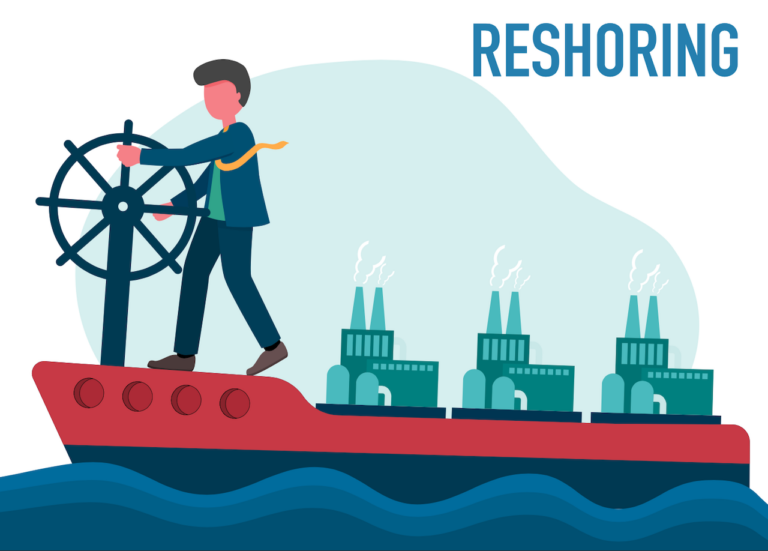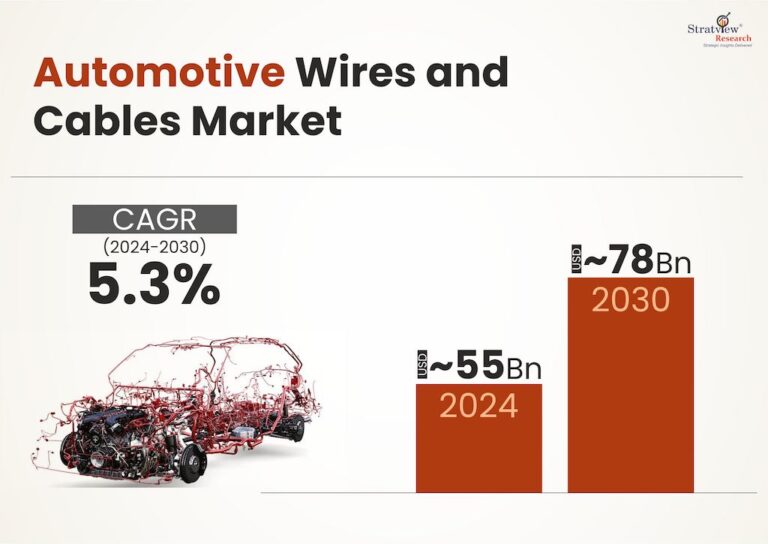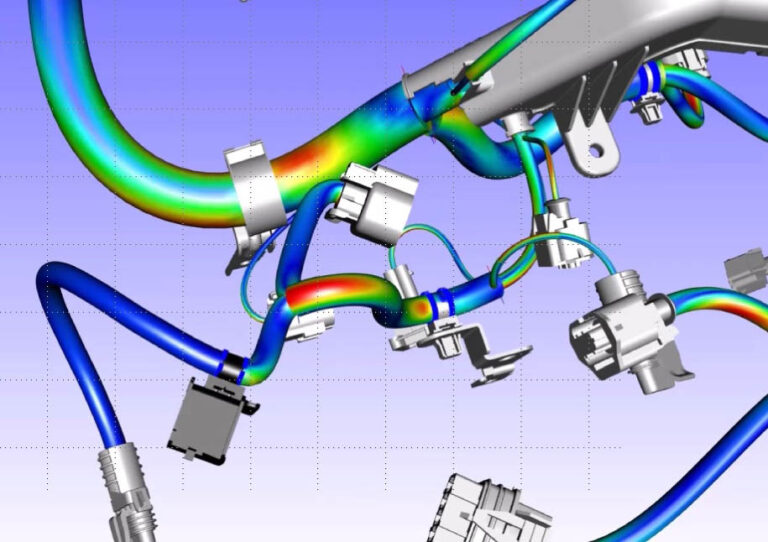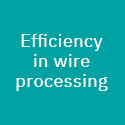By Paul Hogendoorn
“I’ve learned that people will forget what you said, people will forget what you did, but people will never forget how you made them feel”. (Maya Angelou).
This point was made true to me when someone asked me about the impact my mother had on my life. Yes, I know she shared countless wise words of guidance with me, but I can only recite one or two in general. And yes, I know beyond that she did countless acts of love, caring, nurturing, and day-to-day things far too numerous to mention, but there are very few specific, unique things that I can mention specifically.
What I do remember, with unfailing clarity and unfading memory, is how she made me feel.
How someone makes you feel is impressed upon you, and long after the details of what they said or even did have faded into general and melded memories, your feelings for them remain firmly anchored to how they made you feel.
Test that out for yourself. The details start to get blurry, fuzzy, and fade, but how you feel about them is as strong and real today as it was when you had the crystal-clear details of actions and words spoken.
“People that understand this (the power of emotional influence) have more influence and power over you than you may realize”.
It sounds potentially ominous, and it is. If it’s a loving person that has formed and shaped your feelings over time through unselfishness, openness and honesty, it’s a wonderful thing. But the danger comes in when people and organizations use your feelings as a lever and not information, logic and reason. Your feelings are a far easier button to push than objective evidence and candid discourse.
We live in an age when many companies and managers say they make “data driven decisions”, but when it comes to individuals and personal decisions, it comes down to feelings more than any kind of objective consideration of facts and outcomes.
We say, “actions speak louder than words”, but in political elections, people listen to words and disregard past actions. People do not – in my opinion – make “data driven decisions”; they make emotional, feelings-based decisions, and feelings are easy to manipulate. It’s easy to make someone feel angry, or upset, or uncertain, or even confident and certain. Emotions are easy to manipulate. (And the art of manipulating emotions is “marketing”. Write a book – or have one written for you – and convince people you are trustworthy, transparent and honest, and then everything you say will be look at as trustworthy, transparent and honest).
But actions should speak louder than words, and outcomes do speak for themselves. If a party’s actions over the last 4 or 8 years was any good, shouldn’t the outcome be obvious? And, if a party’s actions the last 4 or 8 years wasn’t any good, shouldn’t that outcome be obvious too? Too often we let our objective observations of such things be ‘filtered’ or obfuscated by our subjective feelings.
The outcomes of the actions of our government the last 8 years have not been very good. And yet, the conversation is not about the outcomes of their actions or inactions; somehow, it’s again been deflected to “feelings”.
Remember, some feelings you have towards others are well founded and are trustworthy. But other feelings have been manipulated. Sound bites and snippets designed to make you feel negative about a candidate, are relentlessly coming into your social media feed. Where are the facts? What actions were taken? What promises were made? What are the outcomes that are evident today? What are the actual, specific outcomes you want to see in the future? Put the fuzzy “feelings” based rationale away – its what’s been used against you – against the majority of us – for years.
People and organizations have incredible power over you – over society – if we allow our personal decisions to be made on how they make us feel. Do you think someone’s fighting for you? How? Do you think someone worked hard for you in the past? How did they do that, exactly? And, what was the outcome?
Don’t be manipulated by ads and headlines designed to make you “feel” something, be that anger, distrust, discontentment, or even positive feelings like confidence and pride. None of that is real.
Actions are what you should look for and outcomes are what you should see or expect to see. Information is what you should ask for more of. And don’t look past all the outcome evidence of previous deceptions – because that’s what it is when it’s just your feelings that the message is aimed to change. Its deception.
Here’s a safety test you can do on any incoming messages you receive: does it inform you or inspire you or challenge you, or does it incite you, ignite you, or invoke something in you? Does it speak to your brain, and does it contain any logic and reason, or is it primarily trying to make you “feel” a certain way about someone or something?
Actions do speak louder than words, but outcomes speak for themselves. Outcomes and actions are “data”. I’ll make feelings-based decisions with the people I love and trust. For politics, and everything else, I’ll look at the objective data.
For more insights or opinions, follow Paul on LinkedIn. www.linkedin.com/in/paulhogendoorn/
































































